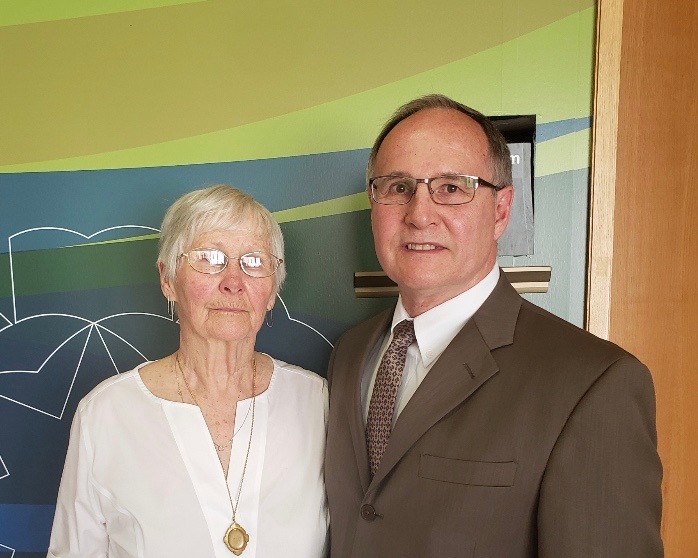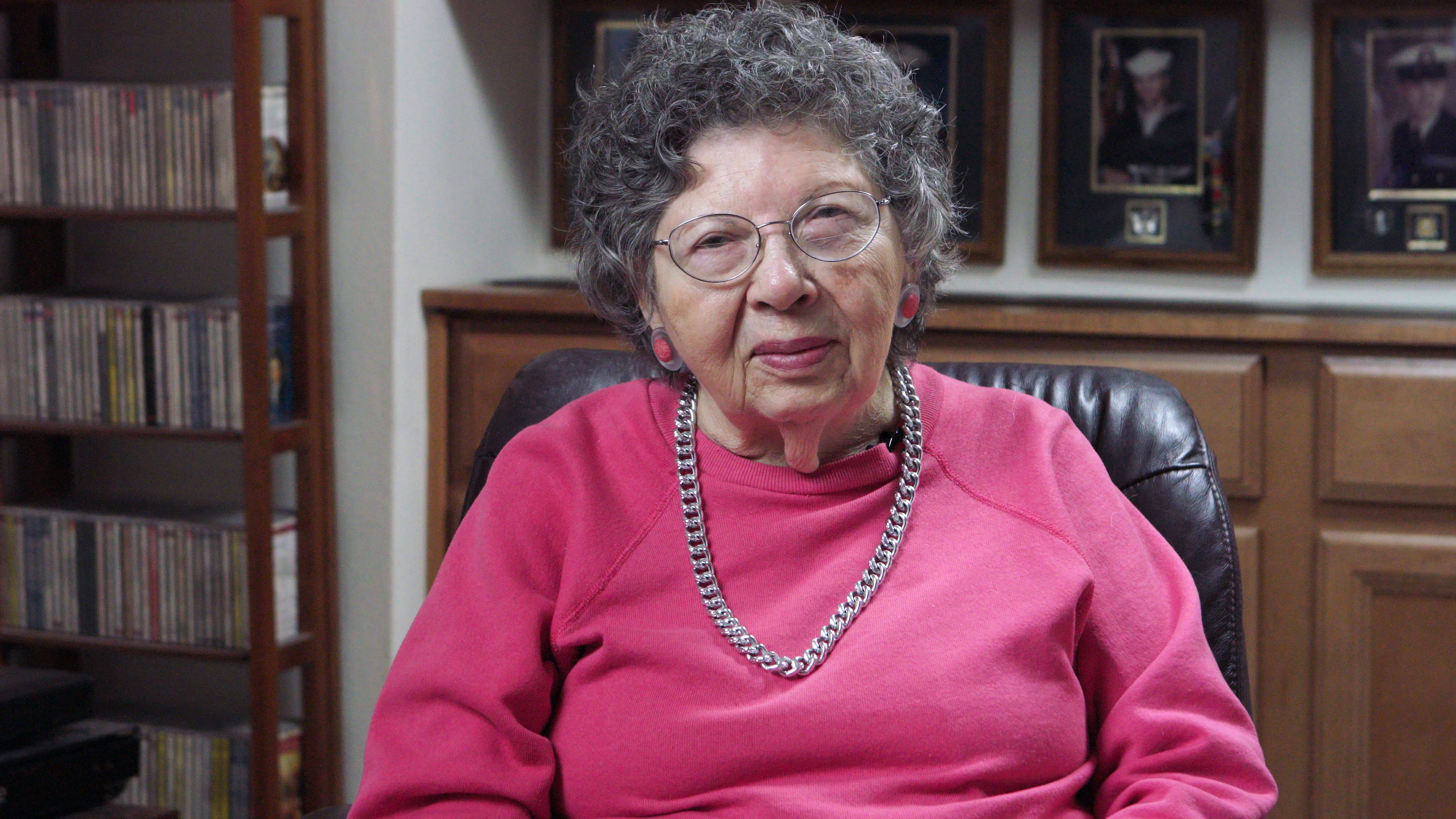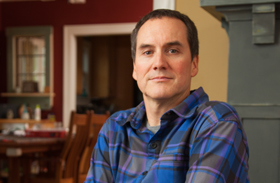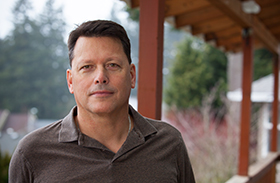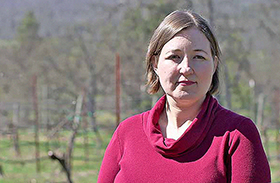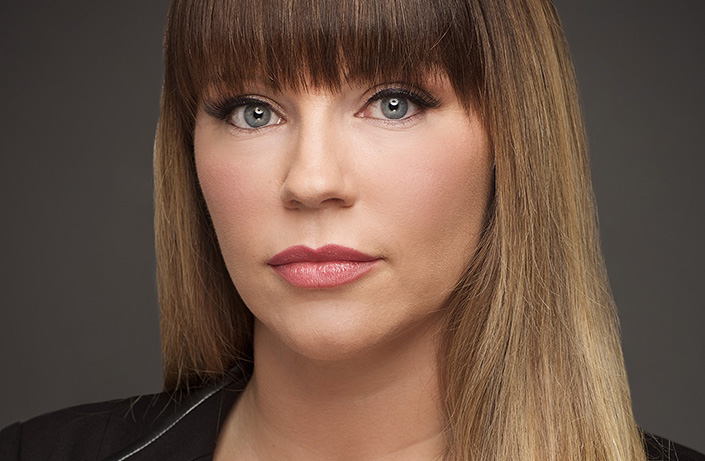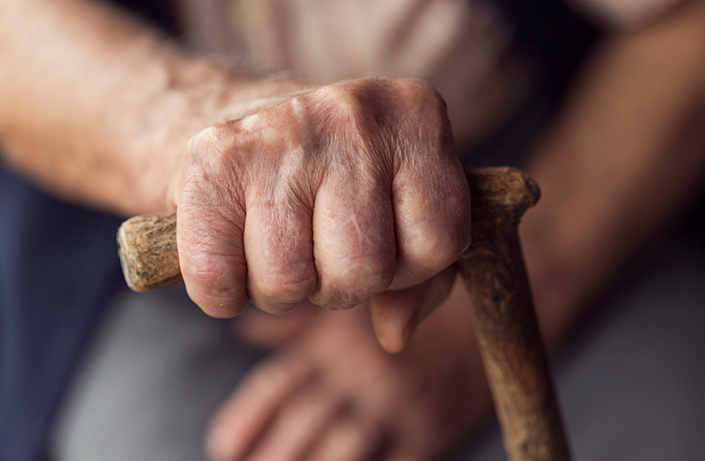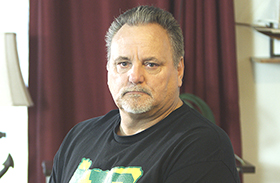Real People. Real Stories.
Scott Busch from Jennifer Webber on Vimeo.
Scott Busch
Scott Busch lay crumpled in the streets of Portland, most of his left leg ripped off by a garbage truck that slammed into him hard enough to sever his leg on the spot. He had been in a cross walk, but the truck made an illegal turn onto a one-way street. It was a terrible scene. Witnesses say blood was pouring out of the wound. A Portland police officer applied a combat tourniquet, but it was too late to save Scott’s leg.
His life hasn’t been the same since. The incident affected him, his family, his sense of security.
“I woke up in the hospital without my leg. It was such a shock. Everything seemed upside down. My first thought was ‘how will I take care of my family?’” says Scott.
After months and months of excruciating physical therapy, he learned to walk with an artificial limb and a cane. Day-to-day living will never be the same. With most of his real leg missing, even the simplest movements are difficult. And then there is the pain. His leg sits differently in its socket, causing all sorts of complications and consistent, throbbing pain. Even worse, he says, is the phantom pain from a leg that is no longer there.
“It just hits you like a hammer. There is nothing you can do when there is a painful cramp in a foot that isn’t there anymore.” he says. But the pain is real.
The garbage truck company had a $20 million insurance policy as protection for worst case scenarios such as the horrific and life-changing crash that happened to Scott. After hearing all the facts of the case and the negligent behavior of the driver, the jury held the company responsible for Scott’s injuries and returned a verdict of $10 million.
“The reality is that my life has been changed forever. I really appreciated the jury listening to my story and truly understanding what was taken from me, my future, and future of my family,” he says. “They came up with a just decision and that’s the way things should be done. It should be on a case-by-case basis on the merits, not through some arbitrary cap imposed by people who don’t know what people like me have been through and will continue to go through for the rest of our lives.”


